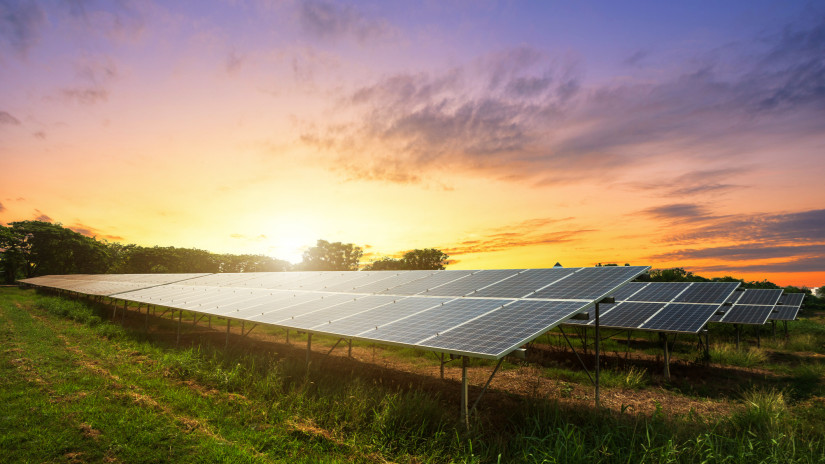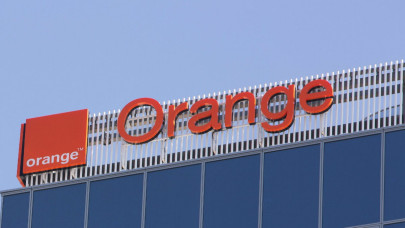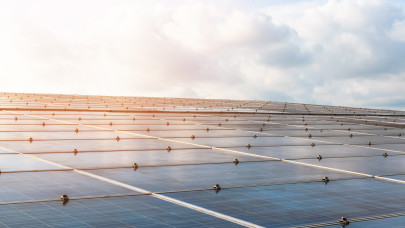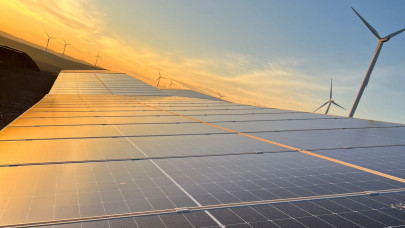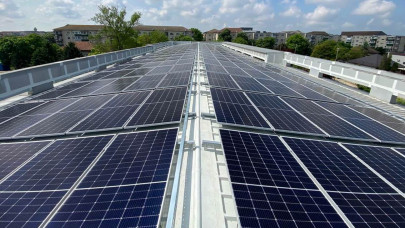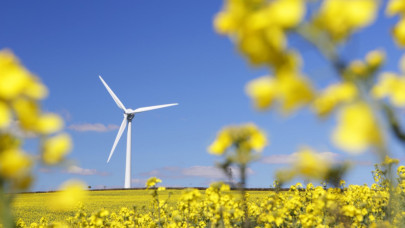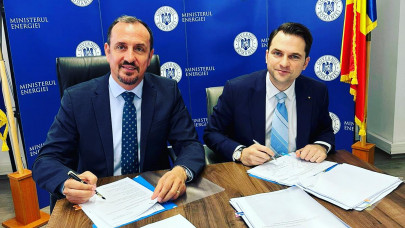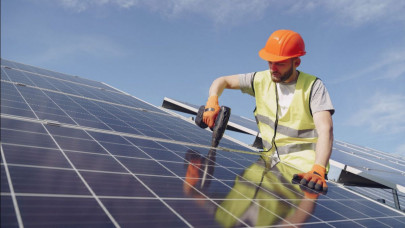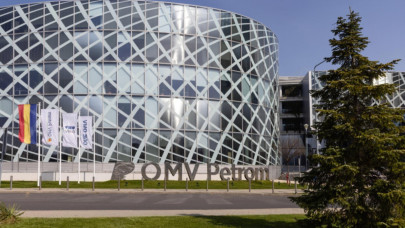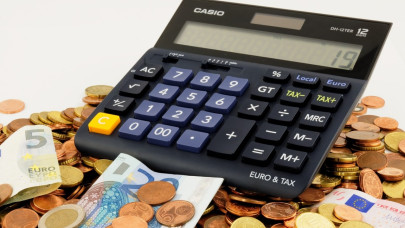"The background against which this transition is taking place is an ambitious and attractive one for us, with Romania occupying the second place in terms of potential in the region, after Poland. Already in 2022, the national energy production will come in proportion to 43% from renewable sources, of which 16% wind and solar. However, if we compare these figures to the targets for 2030 established by the National Integrated Plan in the field of energy and climate change, namely 55.8% renewable energy, of which 35% wind and solar, it is clear that we must we are speeding up the transition, mainly with the help of financing mechanisms within the PNRR and the Modernization Fund, i.e. a total of over €1.5 billion non-refundable, to which, of course, bank and capital financing are added," said Alexandru Reff.
According to the Deloitte consultant, increasing the share of green energy is a priority both for countries that have established generous financial support schemes and for companies.
"Energy from renewable sources can play a central role both in decarbonization efforts and could contribute decisively to ensuring the energy security of Romania and Europe. It is therefore easy to understand why increasing the share of green energy is a priority both for states that have established generous financial support schemes, as well as for companies that see the reorientation towards such energy sources as a way to achieve sustainability targets and a form of managing high and unpredictable costs, management of which can the very viability of the respective businesses depends on it," said Alexandru Reff.

